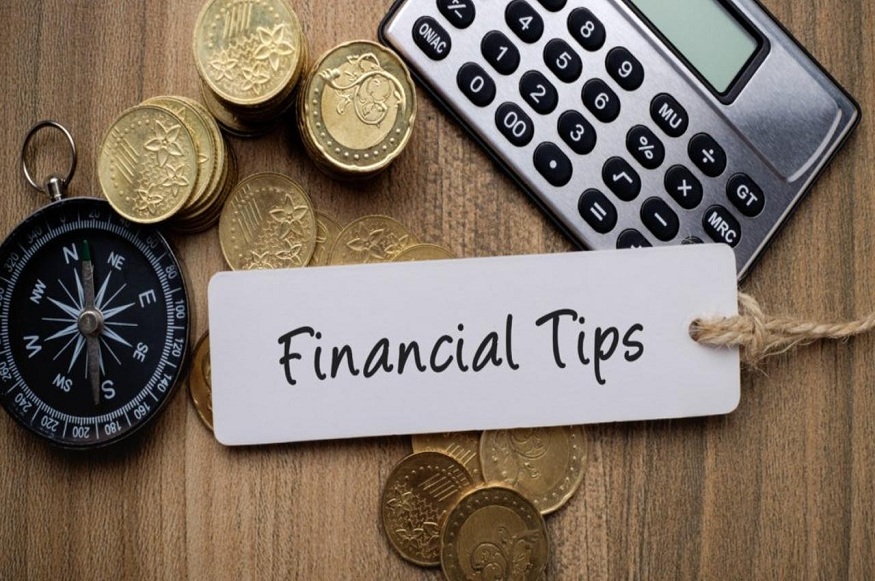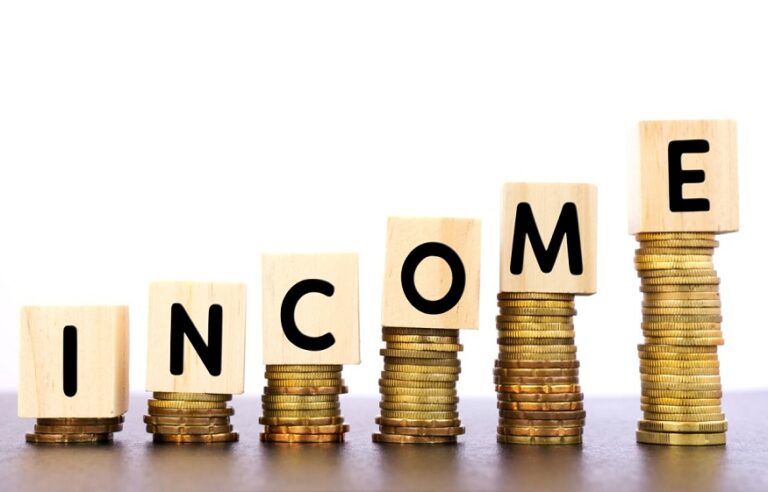
A financial plan is a bit like your personal roadmap: it paints a picture of your situation and your long-term financial goals and defines the steps you need to take to achieve them.
It takes into account your current financial situation, assesses your net worth (assets and liabilities), your budget (money inflows and outflows), your tax situation, your retirement planning, your estate plan and, in some cases, your insurance coverage to help you achieve your short, medium and long-term financial goals.
A financial plan gives you greater control over your finances and peace of mind knowing you can rely on the strategies in place through good times and bad.
Although the financial plan is different in each case, it helps answer three essential questions:
1.How will you reach them?
Once you’ve developed your financial plan, it’s important to review it regularly to ensure you’re on track to achieve your goals and make adjustments as needed. Scotiabank advisors will work to understand your goals and tailor your plan to your needs
Ensure your wishes are respected by preparing an estate plan
A comprehensive financial plan also takes into account your estate planning needs . This involves preparing a will, establishing a power of attorney, and implementing tax planning strategies to help you transfer your assets to your loved ones with minimal tax consequences.
Get started on yours by visiting Willful ‘s secure online platform . Plus, when you’re a Scotiabank customer, you can create your will online with Willful , for as little as $79*.
2. Contribute to a registered savings account
Investing in a registered account is a great way to build wealth and save for some of your financial goals because it’s a tax-free way to grow your money.
A registered account is an investment account that allows you to grow your assets tax-free or tax-deferred by the government. This means that the income you earn in the account is not taxed until you withdraw the money, or eligible withdrawals are not taxable, similar to a TFSA or TFAPP.
It’s a regular investment account, where you can invest in a range of assets, but you must pay annual taxes on the income generated in that account.
Additionally, non-registered accounts are not registered with the Canadian federal government. They can play an important role in your overall investment strategy, especially if you have exhausted your contribution room to a registered account, such as an RRSP.
3. Create a budget to better manage your money
Many of us are looking for ways to get the most out of our money.
Creating a budget can help you track your income and expenses; this way, you will better understand your finances because you will know where your money is going and will be able to determine how to rebalance your spending and optimize your savings to achieve your goals and maintain the lifestyle you want.
Your budget can be as simple or detailed as you like. The important thing is to implement it and ensure it helps you achieve your short- and long-term financial goals.
non-discretionary expenses , i.e. those that are obligatory, for example mortgage payments, rent and electricity costs, etc.
Discretionary (non-essential) expenses , such as dining out, shopping, travel, etc. If there is money left over after accounting for all your non-discretionary expenses, prioritize discretionary expenses based on what matters most to you.
Need help setting your budget? Here are two tools that might help:
Scotia Smart Money from Advice+ can help you manage your budget 1 . This free tool gives you access to the management features of the Scotiabank app, which will allow you to track your bills, control your spending and manage your cash flow. It also offers personalized tips to help you manage your money more easily.
The Find Money Calculator can also help you determine if you have additional funds to allocate to your financial goals by comparing your income and expenses.Whether it’s new or existing debt, paying off your debt is a source of stress for many Canadians.Even if you’re having no trouble paying off your debt, there are some tips that can help you get rid of it faster. If you’re worried about debt, we offer three strategies to help you reduce it.




